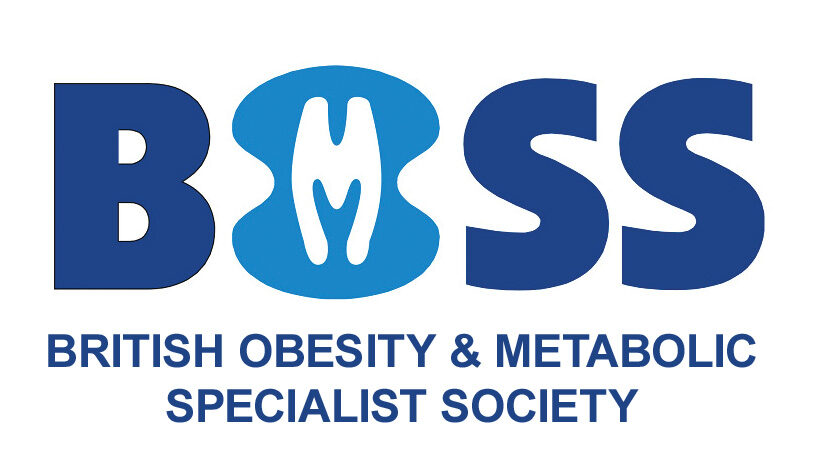Blood sugar levels are usually markedly improved immediately following bariatric surgery before any weight loss occurs. This means that most people can reduce the number of medications or stop their medications.
The term diabetes remission is used to describe people whose blood indicator of T2D, HbA1c returns to the normal range without any medications for a year a more. Importantly, the long-term complications of T2D such as kidney disease, neuropathy and eye problems are reduced by around a third following bariatric surgery. The chances of going into remission depend on how long a person has had T2D for prior to surgery; the closer to diagnosis the greater the chances which is why NICE recommend an expedited referral for assessment for bariatric surgery for people with type 2 diabetes duration of 10 years or less. The likelihood of T2D remission also depends on the severity of a person’s diabetes (current HbA1c and current medications).
Even in the absence of remission, bariatric surgery will lead to improved glucose control and reduce the number of medications needed for people with T2D.
Surgical options:
